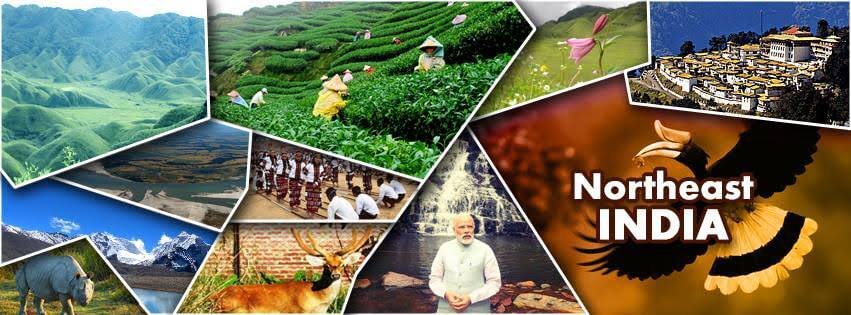Guwahati, the largest city in the northeastern region of India, boasts a developing industrial scenario characterized by various sectors:
Tea Industry: Assam, of which Guwahati is a part, is renowned for its tea production. The city serves as a trade center for Assam tea, contributing significantly to the state’s economy.
Transport and Connectivity: Guwahati’s strategic location as a transportation hub facilitates trade and commerce. Its connectivity through road, rail, and air networks links the city to other parts of India and neighboring countries, fostering trade opportunities.
Handloom and Handicrafts: The city has a rich tradition of handloom and handicraft industries. Skilled artisans produce intricate textiles, bamboo and cane products, pottery, and traditional crafts, contributing to both the local economy and cultural heritage.
Manufacturing and Industries: Guwahati houses manufacturing units for various products including plastics, chemicals, pharmaceuticals, electronics, and consumer goods. The city’s industrial estates cater to small, medium, and large-scale industries, encouraging economic growth and job creation.
Tourism and Hospitality: With its natural beauty, historical sites, and cultural significance, Guwahati attracts tourists. The tourism and hospitality industry has been growing, creating opportunities in sectors like hotels, restaurants, travel agencies, and related services.
Education and Services: Guwahati is an educational hub with several universities, colleges, and educational institutions. The city’s service sector, including IT services, banking, healthcare, and professional services, complements its growing economy.
Government Initiatives: Various government initiatives aim to promote industrial growth in Guwahati and the northeastern region. Policies and schemes encourage investment, entrepreneurship, and the development of infrastructure to bolster industrial development.
Focus on Sustainability: There’s a growing emphasis on sustainable practices in industries, aligning with global trends. Efforts are being made to promote eco-friendly practices and industries that contribute to a more sustainable future.
Overall, Guwahati’s industrial scenario encompasses diverse sectors, from traditional industries like tea and handloom to modern manufacturing and services, supported by infrastructure, connectivity, and government initiatives. The city’s evolving industrial landscape presents opportunities for growth and development across various sectors.

